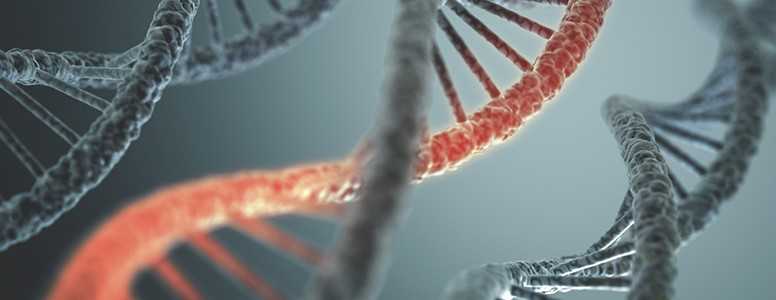Finland researchers have discovered a genetic mutation that causes people to act very impulsively when drunk could also lower the risk of type 2 diabetes and obesity.
This mutation is known as HTR2B Q20*, and so far it has only been observed in Finnish people, affecting an estimated 100,000 people.
HTR2B Q20* inhibits the production of serotonin 2B receptors, which means that it can lead to an inability to control one’s actions. It has been blamed for the outrageous behaviour of some people when they are drunk.
In this new study, scientists at the University of Helsinki wanted to examine several health markers in people with antisocial personality disorder (ASPD), including the presence of HTR2B Q20*. They also analysed insulin resistance, insulin sensitivity, beta cell activity and glucose metabolism.
They recruited 98 Finnish men, all of whom had ASPD, and divided them into groups based on the presence of the HTR2B Q20* mutation. Nine men carried the mutation; 89 did not.
The researchers then measured blood sugar and insulin levels of the participants, and observed that those with the mutation had significantly more healthy levels of these markers.
Furthermore, the mutation group had lower body mass indices, indicating they could have a lower risk of obesity, which is significantly linked to the development of type 2 diabetes.
The study team were particularly intrigued to discover that HTR2B Q20* carriers had improved insulin resistance and insulin sensitivity if they had low testosterone levels. Low testosterone in males is often associated with a higher risk of type 2 diabetes.
The researchers hypothesised that carrying the mutation led to the men with high testosterone to have higher blood sugar levels despite eating relatively small amounts of food.
The findings appear in the Journal of Psychiatric Research.
What's new on the forum? ⭐️
Get our free newsletters
Stay up to date with the latest news, research and breakthroughs.




